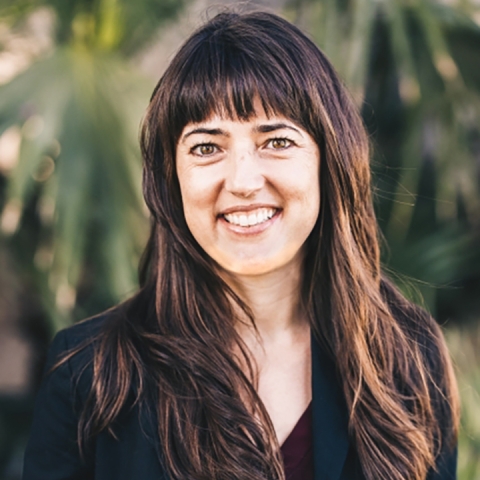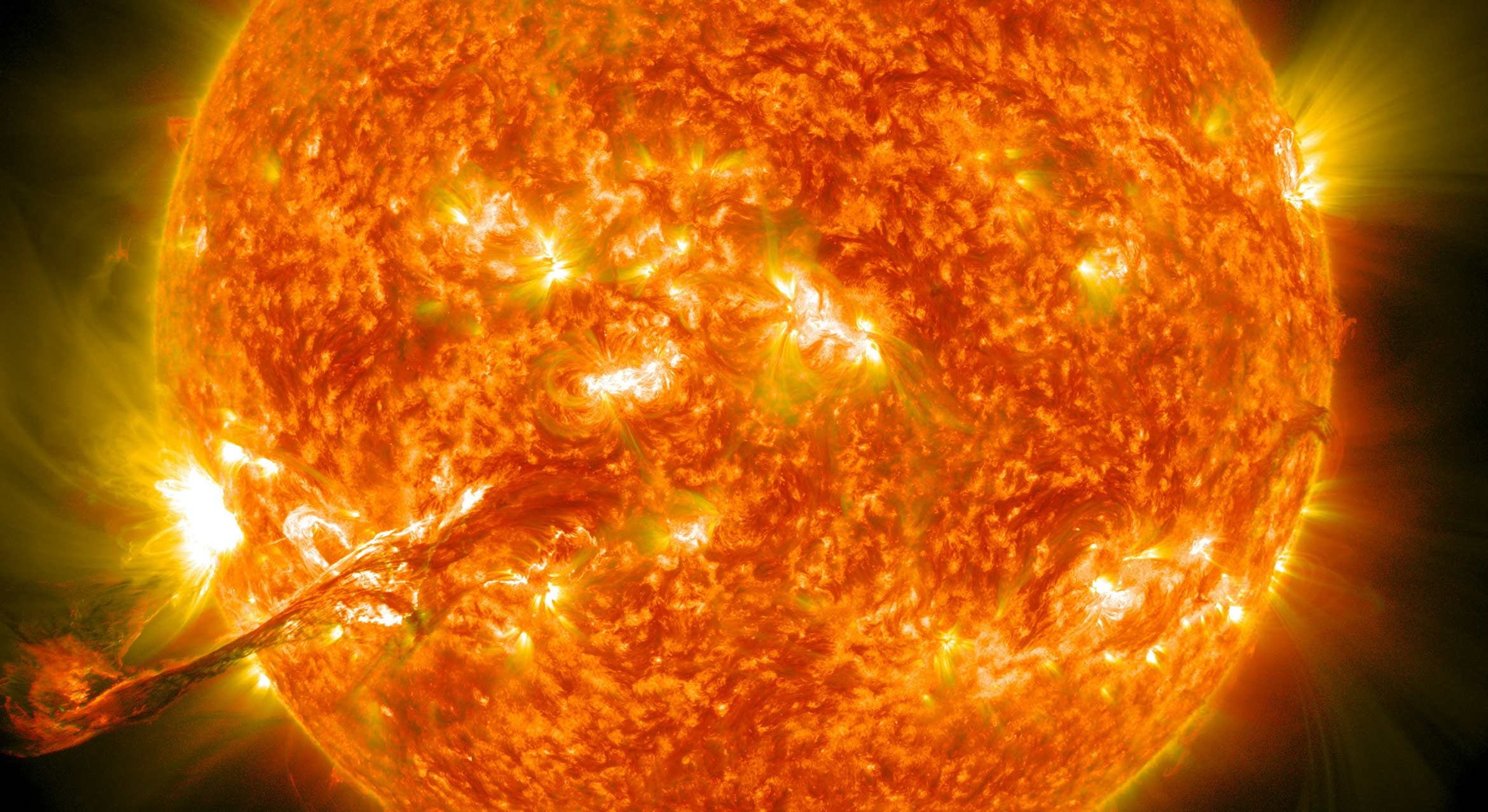
The natural world is currently experiencing many changes that threaten critical species and natural resources. Recognizing and understanding the often intertwined causes of these changes is tricky, and precisely the focus of Joan Dudney’s research.
“I’m not only quantifying complex and nonlinear patterns of forest change but also uncovering the precise causes behind them,” said Dudney, an assistant professor at the Bren School of Environmental Science & Management and in the Department of Environmental Studies.
The Ecological Society of America has named Dudney as one of its 2025 Early Career Fellows. The society extends this honor to members within eight years of completing their doctoral training who have advanced the study of ecology and show promise of continuing to make outstanding contributions. ESA recognized Dudney for her innovative quantitative approaches to disentangle the impacts of climate change and disturbance on ecosystems, which can inform conservation decisions.
“The Ecological Society of America has been such an important pillar during my scientific education, and I have long looked up to the many scientists before me who have made transformative contributions to this field,” Dudney said. “To be recognized by ESA at this stage is an amazing honor and a big motivator to keep pushing the boundaries of what we know about ecosystem change.”
Dudney is broadly interested in understanding the causes and consequences of global change and its impacts on forests and terrestrial ecosystems. She’s particularly focused on how multiple stressors — like drought, disease and fire — interact to reshape ecosystems. Her research combines long-term datasets, field-based experiments and causal inference to understand the causes and mechanisms of ecological change. “I’ve carved out a niche for myself by tackling complex problems using a diversity of analytical approaches,” she said.
“Joan Dudney is doing groundbreaking research on how Western forests respond to multiple stressors,” said Carla D’Antonio, Schuyler Chair and Professor of Environmental Studies and Ecology, Evolution, and Marine Biology. “She is a deep-thinking, integrative scientist who tests and expands ecological theory using rigorous field ecology, large and long-term quantitative data sets and cutting-edge statistical tools. Her work is not only academically innovative but also has important conservation implications.”
“Dr. Dudney is truly a rising star,” said Simone Pulver, chair of the Environmental Studies Program. “We offer her our congratulations and are proud that she is part of the Environmental Studies community.”
“The Bren School, and especially Joan’s faculty colleagues, congratulate her on her well-deserved appointment as an ESA Early Career Fellow,” said Sarah Anderson, professor and associate dean at the Bren School. “Dudney goes beyond publishing science in journals to offer methods tutorials for other scientists, publish about the practices of effective mentorship and develop an interdisciplinary Global Change Postdoctoral Fellowship.”
The climate crisis is changing ecosystems worldwide. Forests aren’t merely warming; the trees’ immune defenses are often compromised; insects and fire are behaving differently, and many species are disappearing from places they used to thrive. “I try to figure out which of these changes are happening because of the climate, which ones are natural cycles and how forests and ecosystems will be shaped in the future by these changes,” Dudney said.
She also works closely with natural resource managers — including in the National Parks Service and the US Geological Survey — to develop science-based management strategies. For example, identifying which tree populations are more resilient to drought, bark beetles, disease or combinations of the three, can guide restoration efforts. Understanding when and where tipping points might occur allows us to prioritize ecosystems or regions that are on the brink of irreversible change. “By exploring these types of questions, I aim to support managers as they tackle some of the unprecedented changes transpiring in our ecosystems today,” Dudney said.
The Ecological Society of America will formally acknowledge and celebrate the new cohort of fellows at its 2025 annual meeting in Baltimore, Maryland.




